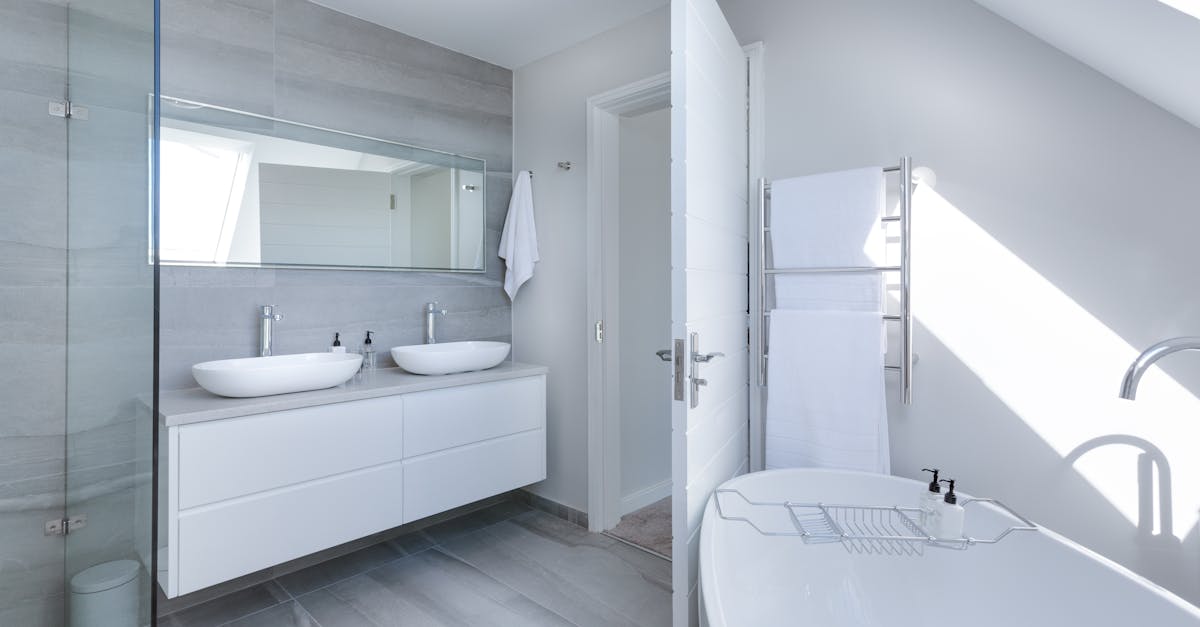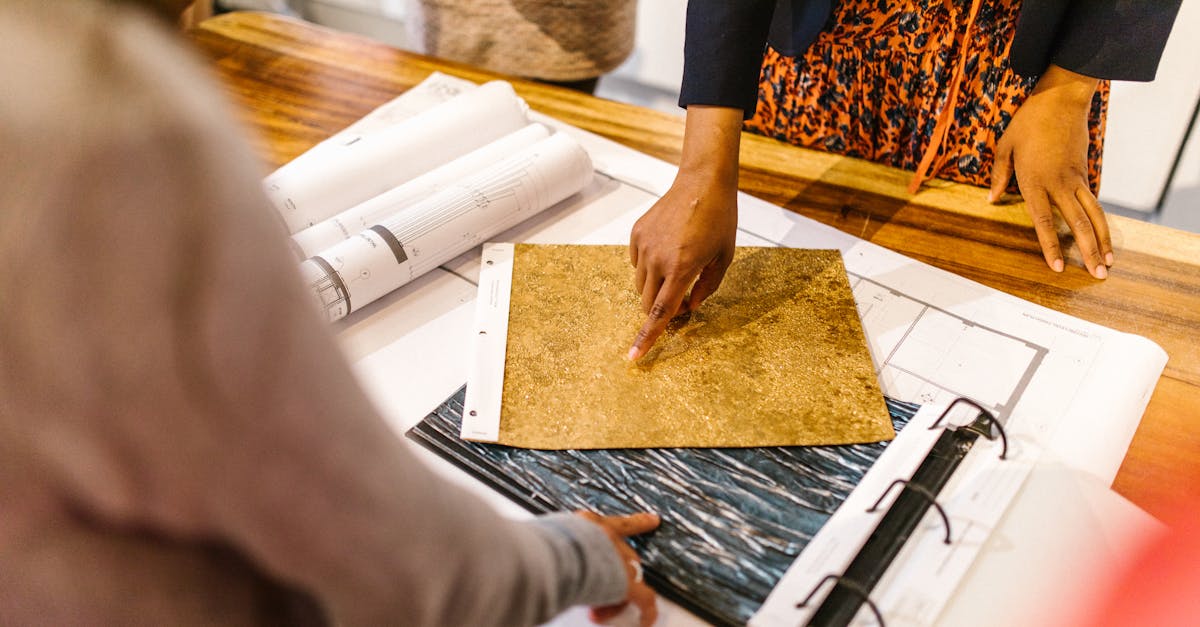
Table Of Contents
Installation Process
The installation process is a crucial consideration when deciding between vinyl and laminate flooring. Flooring Selection in this aspect can significantly impact the final outcome and durability of the floors. Both vinyl and laminate offer relatively straightforward installation processes, making them popular choices for homeowners looking to upgrade their living spaces. However, it is essential to note that laminate often requires an underlayment to be installed before laying the planks, adding an extra step to the process.
While both materials can be installed using a do-it-yourself approach, it is recommended to consider professional installation for a flawless finish. Flooring Selection in seeking professional help can ensure that the flooring is laid down correctly, minimizing the risk of issues such as buckling or uneven surfaces. Additionally, professionals have the expertise and tools to address any potential challenges during the installation process, providing a smoother and more efficient experience for homeowners.
DIY vs. Professional Installation
When considering flooring options like vinyl or laminate, one crucial aspect to ponder is the installation process. While both types offer relatively straightforward installation, it is essential to decide whether DIY installation or hiring a professional is the better choice for your situation. DIY installation may seem cost-effective at first, but it demands a certain level of skill and precision. Errors in installation could result in a flawed final look or even future issues. Professional installation ensures a skilled individual handles the project, potentially saving you time and guaranteeing a seamless finish.
Flooring selection in vinyl or laminate can greatly impact the overall aesthetic and functionality of a room. Engaging in DIY installation grants you control over the process but may pose challenges if you lack experience. On the other hand, opting for professional installation ensures a job well done, giving you peace of mind and potentially a longer-lasting floor. It’s advisable to weigh the pros and cons of both options, considering your proficiency, available time, and the desired outcome for your space.
Longevity and Lifespan
When considering the longevity and lifespan of flooring options such as vinyl and laminate, it is crucial to assess their durability over time. Vinyl flooring tends to be more resilient against scratches and moisture, making it an ideal choice for areas prone to high traffic and spills. However, laminate flooring also boasts a decent lifespan, especially when properly maintained and cared for with regular cleaning and maintenance routines.
Flooring selection in high-traffic areas is a key factor to consider when determining the longevity of vinyl versus laminate flooring. While both options offer durability, laminate may be more prone to visible wear and tear over time in heavily used spaces. Proper installation and upkeep play pivotal roles in maximizing the lifespan of either material, ensuring that your chosen flooring type continues to look its best for years to come.
Durability Over Time
Durability over time is a crucial factor to consider when comparing vinyl and laminate flooring. Both options offer varying degrees of long-term strength and resilience. Vinyl, known for its water-resistant properties, is less susceptible to moisture damage compared to laminate. This makes vinyl a preferred flooring selection in areas prone to spills or high humidity levels. On the other hand, laminate flooring, although durable, can be more susceptible to warping or swelling if exposed to excessive moisture for an extended period.
When assessing durability over time, it is essential to factor in the level of foot traffic the flooring will endure. Vinyl is reputed for its high resistance to scratches and dents, making it a reliable choice for households with pets or children. Conversely, laminate can show signs of wear and tear more quickly in high-traffic areas. Understanding your specific requirements for durability over time is paramount when deciding between vinyl and laminate flooring options.
Sound Insulation
Sound insulation is a crucial aspect to consider when making a flooring selection in your home. Both vinyl and laminate have their own set of characteristics that impact their ability to reduce noise transmission. Vinyl flooring tends to provide better sound insulation compared to laminate due to its thicker and softer composition. The added cushioning in vinyl helps absorb sound and minimizes the impact of footsteps and other noises, making it a preferred choice for areas where noise reduction is a priority, such as bedrooms or offices.
On the other hand, laminate flooring is thinner and denser than vinyl, which can make it less effective in sound insulation. The hard surface of laminate does not absorb sound as well as vinyl, resulting in more noise transmission throughout the room. In situations where sound insulation is a key consideration, especially in multi-story homes or high-traffic areas, opting for vinyl flooring may be the more suitable choice to create a quieter and more comfortable living environment.
Noise Reduction Properties
When selecting new flooring, one important consideration is the noise reduction properties of the material. Both vinyl and laminate flooring offer some degree of sound insulation, but the extent to which they reduce noise can vary. Vinyl generally provides better noise reduction compared to laminate due to its softer and more flexible composition. This can be especially beneficial in homes with high foot traffic or in areas where sound insulation is a priority, such as bedrooms or playrooms.
In the realm of flooring selection in Canadian homes, noise reduction properties can play a significant role in the overall comfort and enjoyment of living spaces. For households looking to minimize sound transmission between floors or rooms, opting for vinyl flooring may be a favourable choice. The enhanced noise reduction capabilities of vinyl can contribute to a quieter and more peaceful indoor environment, ultimately creating a more pleasant living experience for residents.
FAQS
Is vinyl or laminate better for my home?
The choice between vinyl and laminate flooring ultimately depends on your specific needs and preferences. Both options have their own benefits and drawbacks, so it's important to consider factors such as budget, durability, and aesthetic appeal before making a decision.
Are vinyl and laminate flooring easy to install?
Both vinyl and laminate flooring are known for their ease of installation. While some homeowners opt for DIY installation, it is recommended to consult with a professional to ensure a proper and seamless installation process.
Which flooring option has better longevity and lifespan?
In terms of longevity and lifespan, laminate flooring tends to have a slight edge over vinyl. Laminate is known for its durability over time, making it a popular choice for high-traffic areas in the home.
How durable are vinyl and laminate flooring options?
Both vinyl and laminate flooring are durable options for residential use. However, laminate flooring is generally more resistant to scratches and dents compared to vinyl, making it a preferred choice for households with pets or children.
Do vinyl and laminate flooring provide sound insulation?
While both vinyl and laminate flooring offer some level of sound insulation, laminate flooring typically provides better noise reduction properties. If sound absorption is a key consideration for your space, laminate flooring may be the better option.






